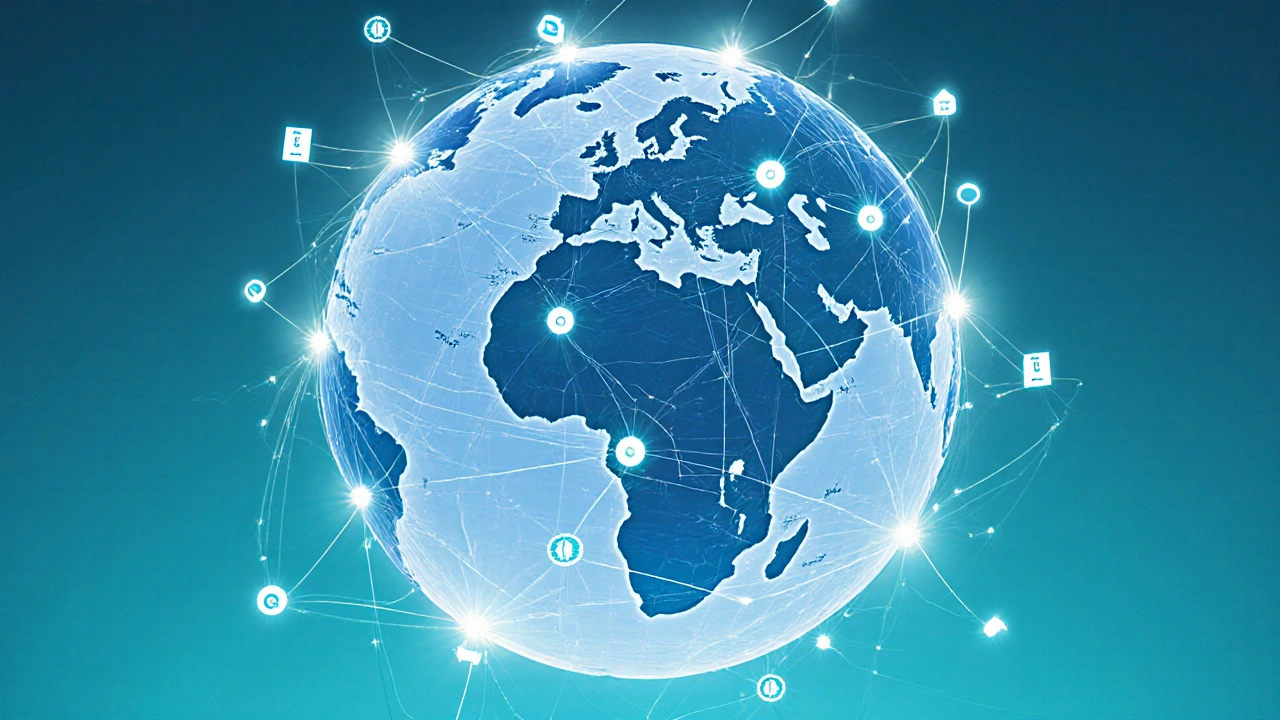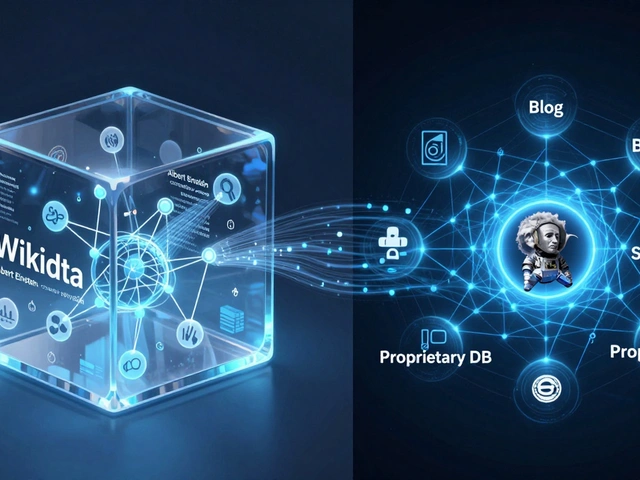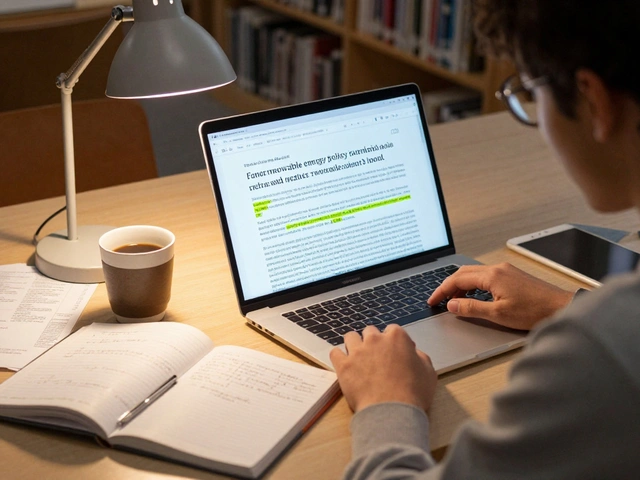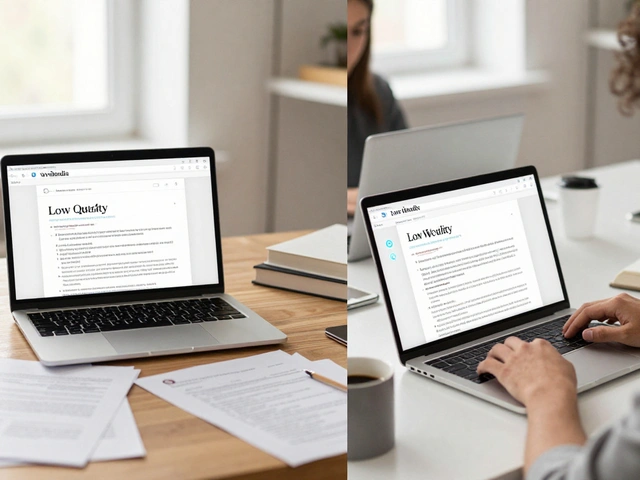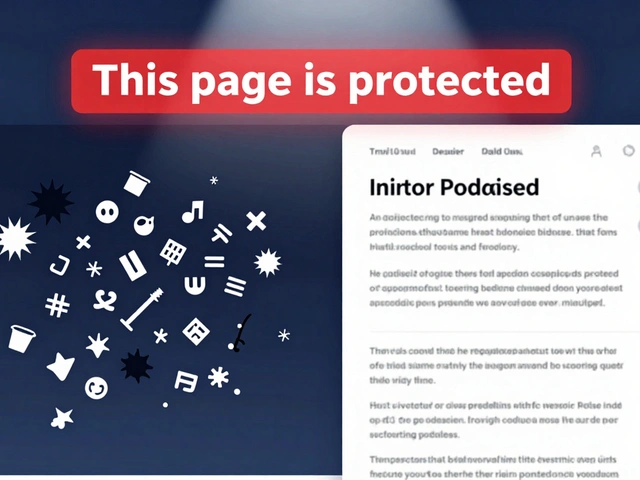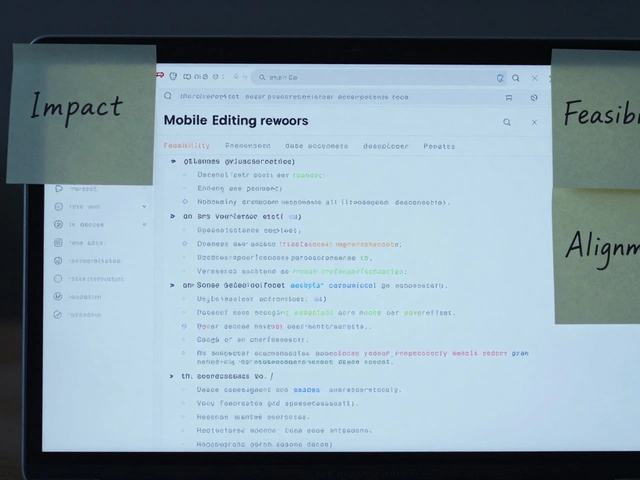CC BY-SA: What It Means for Wikipedia and Open Knowledge
When you read a Wikipedia article, you’re not just getting information—you’re using content licensed under CC BY-SA, a legal license that allows anyone to copy, modify, and redistribute content as long as they give credit and share any changes under the same terms. Also known as Creative Commons Attribution-ShareAlike, it’s the engine behind Wikipedia’s ability to grow, adapt, and spread globally without paywalls or restrictions. This isn’t just a legal footnote—it’s the reason AI companies can train models on Wikipedia data, why teachers can print handouts for classrooms, and why small wikis in rural areas can reuse Wikipedia’s facts without asking permission.
CC BY-SA doesn’t just protect Wikipedia—it connects it to the wider world of open knowledge. It’s the same license used by Wikidata, the structured database that powers facts across all language versions of Wikipedia, and by Wikimedia Commons, the free media repository where millions of images, audio clips, and videos are shared under the same rules. That means a photo uploaded to Commons can appear in a Wikipedia article in Swahili, then get reused in a school project in Brazil, and later become part of an AI training dataset—all legally, as long as the license is followed. It’s a chain of trust built on simple rules: credit the source, and pass the freedom forward.
But CC BY-SA isn’t perfect. It’s why Wikipedia has to remove content when someone claims copyright, even if it’s useful. It’s why some journalists mistakenly treat Wikipedia as a primary source—they don’t realize the license only covers reuse, not verification. And it’s why the Wikimedia Foundation pushes back against AI companies that scrape Wikipedia data but refuse to share their models openly. The license demands reciprocity. If you build on it, you have to give back. That’s the core idea behind free knowledge: it grows stronger when shared, not locked away.
What you’ll find below is a collection of stories that show how CC BY-SA shapes everything from AI ethics to local history projects. You’ll see how volunteers fight to keep content under this license, how companies try to work around it, and why it still matters more than ever in a world where information is increasingly controlled by private platforms.
CC BY-SA Licensing on Wikipedia: How Versioning, Compatibility, and Reuse Work
Wikipedia's CC BY-SA license lets anyone reuse its content for free, as long as credit is given and changes are shared under the same terms. Learn how versioning, compatibility, and reuse rules work in practice.
